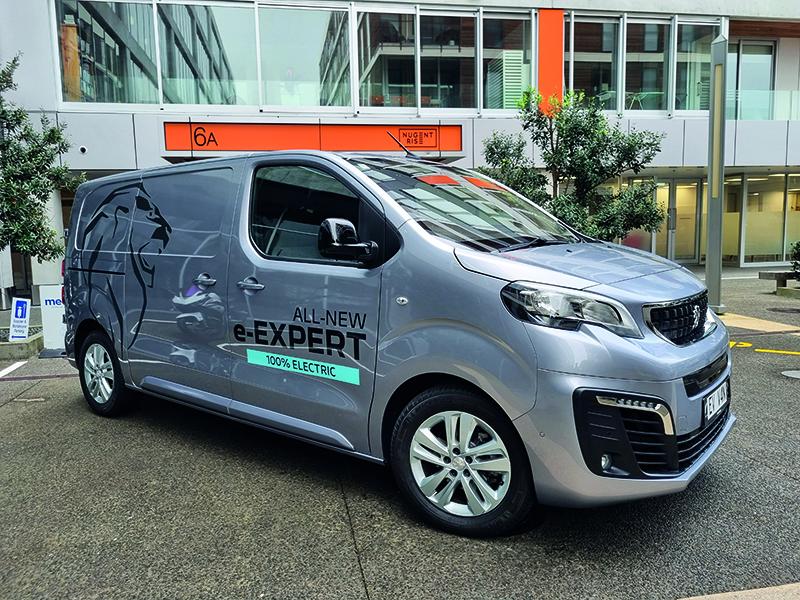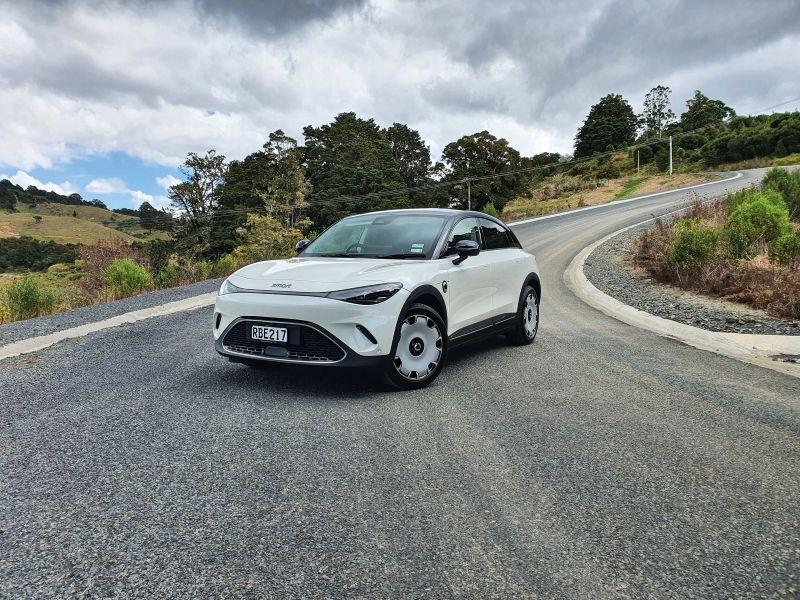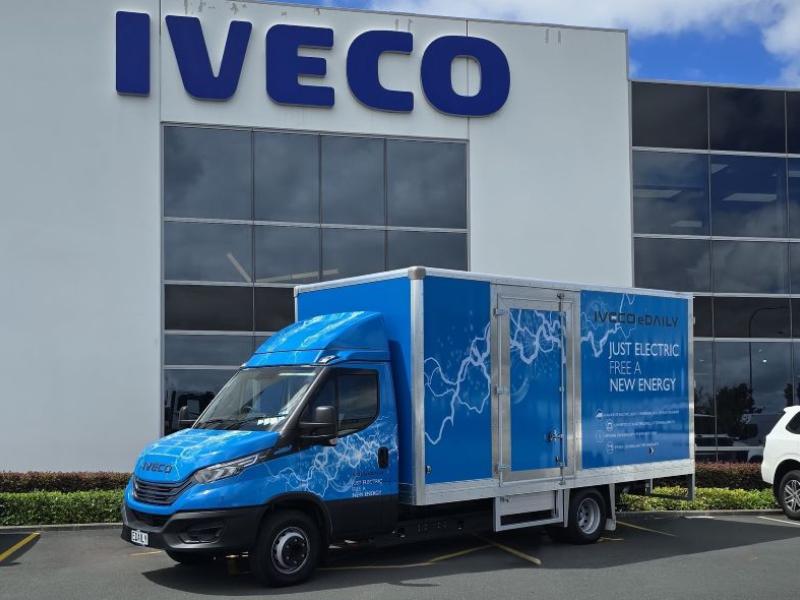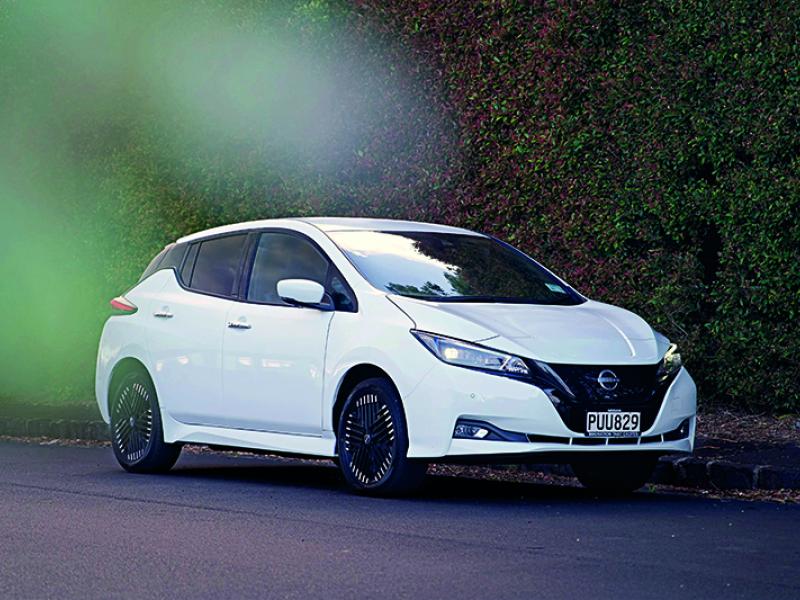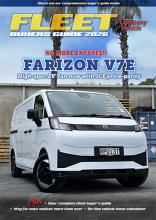You could say Peugeot, the company which was your first Partner in electric vans has now become an Expert in electric vans. And delivered one.
Nearly a decade ago, (gosh I feel my age sometimes!) Peugeot NZ told its dealer network to reimagine themselves as boutique brand saloon/coupe and estate retailers of distinction and add commercial vehicle supplier to the mix as well.
The Blue Box dealerships which for so long had struggled against the mainstream auto brands to be considered by executive level buyers now had to rewrite the rule book and sell, eew … vans!
Industry observers thought this was a somewhat kooky idea and frankly, a bit of an ask of its dealers.
Sure, Peugeot had a European feather in its beret when it came to commercials, but we’re a long way from Europe and the brand wasn’t exactly in the top 10 selling cars back then either. What did Peugeot international really expect?
That was a rhetorical question. But today, now that the world has changed, car companies have changed, and our realities as consumers have changed, maybe the time is right for Peugeot NZ to stand up and make a statement about the commercial vehicles it has to offer. Oh wait, you’re reading that statement.
Yes, Peugeot is the European brand championing the cause of the electrified commercial van, and the brand is doing it the right way.
First, introduce ICE-powered commercials off the Partner and the Expert. This gets the dealerships clued up as to how to market vans and serves to present buyers with well- considered and well proven light metropolitan delivery vans.
Then take those ICE versions and develop fully electrified models, making sure the final examples can take advantage of local market economics – keep them under the threshold for government subsidies – adhere to safety standard protocols without compromising on the quality customers have come to associate with the brand AND be an effective tool attractive to the market at which it is aimed. Simple, eh?
Well, Peugeot has done it, delivering the e-Partner first and following it up a few months later with the slightly larger e-Expert.
The e-Expert is more of a traditional Kiwi van than the e-Partner (which is much more common in Europe as a metro vanlette.
As such, the e-Expert’s appeal is considerably wider embracing building contractors, delivery merchants, couriers and postal services, corporate entities needing a cargo carrier, small business operators and other enterprises needing a vehicle with the versatility of being able to work in the metro centres and be able to travel between them.
Mechanically – we need a better word when talking about electric vehicles – the e-Expert has a slightly bigger battery at 75kWh than the smaller e-Partner but runs the same sort of motor – 100kW and 260Nm – with the same sort of single-speed transmission driving the front wheels.
The e-Expert has a nominal range of 340kms – give or take 20kms depending on the driver selected power settings of Eco, Normal and Performance. The other deciding factor is how much you have loaded the 5.8m3 cargo area up to and with what.
A payload of one ton is still one ton regardless of whether it is a ton of lead or a ton of canaries (though these are lighter if you can keep them flying). And on the subject of tons, the e-Expert can tow a ton as well.
Not something we expected from an EV or a van quite frankly, but a welcome feature for those whose business involves towing and think of the branding opportunity of effectively seven metres of travelling billboard – five for the van, two for a tandem axle trailer!
Like the e-Partner, the e-Expert uses MODUWORK tech to extend the cargo capacity of the van. A flap in the rear bulkhead, combined with clever access to under the passenger seats opens more than a little bit of extra space and doesn’t compromise the spaciousness of the front office.
What about the charging? How long are you expected to sit beside a recharging station while your e-Expert sucks up its juice?
If you’re a smart operator, you’ll have a wall-box at home, so you won’t need to use an on-the-road charge station, but if you do, the e-Expert takes 72 minutes to go from 0 to 80 percent on a Chargenet or similar 100kW DC fast charger.
Plug in at home overnight to get a full charge from empty on a 7.4kWh charger or somewhere around 42 hours on a toaster and kettle 10-amp house charger.
In terms of the drive, the e-Expert as not as carlike as the e-Partner but then Peugeot has decided that it shouldn’t be. A van is a van after all n’cest pas?
But by no means is the e-Expert a bus either. It’s a nice happy medium with car/van like qualities demonstrated as the best of both worlds, including that most critical consideration, safety features.
Peugeot has won numerous accolades over the years on the international and local stage, and you don’t get those awards by skimping on safety, so the e-Expert doesn’t.
Lane departure, adaptive cruise control, forward collision warning, reversing camera, front and rear park sensors, driver attention, blind spot monitoring and more – all are standard features on a – for now – not standard commercial vehicle.
Peugeot NZ maintains the uptake of electric commercial vehicles by professional organisations whose ongoing success is reliant on the right choice of vehicle is the key to engaging EV buy-in from the private sector.
With that in mind, the brand has built a brilliant brace of commercial EVs with the e-Partner and the e-Expert.
So, yes, if a light commercial van is something you’ve been thinking about, for your business, think about them as electric propositions first and factor in that whole of life computation too.
Peugeot can show independent figures to show the e-Expert has the most affordable TCO’s in class. Thinking about an $86,990 e-Expert a little more seriously now, aren’t you?


